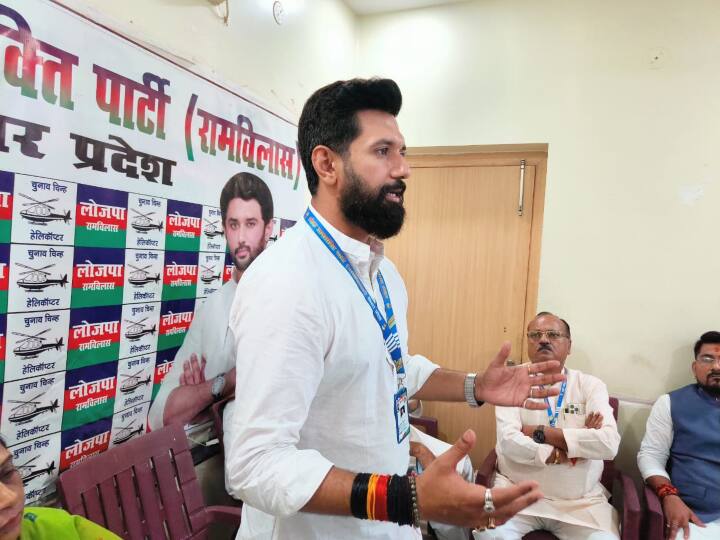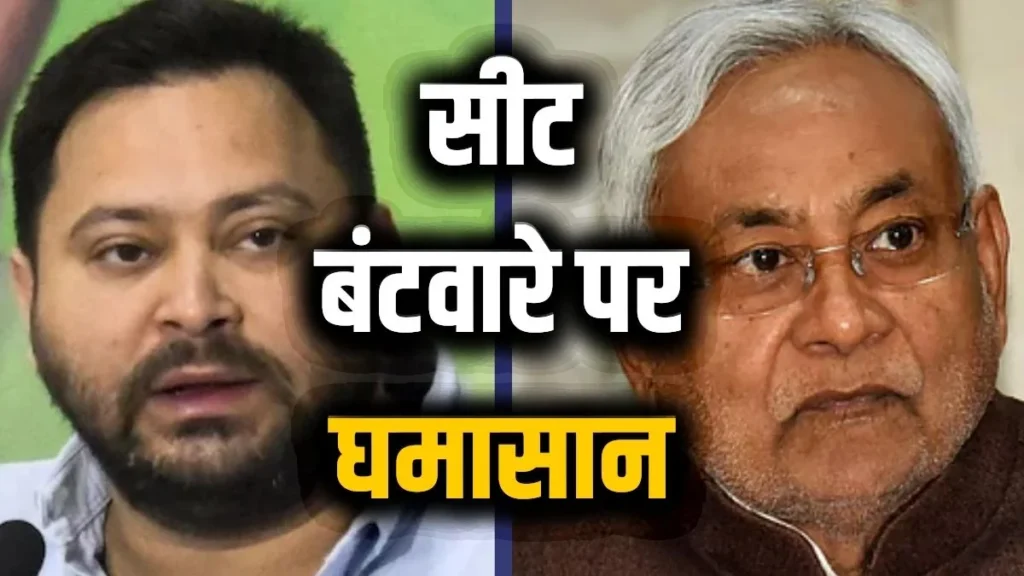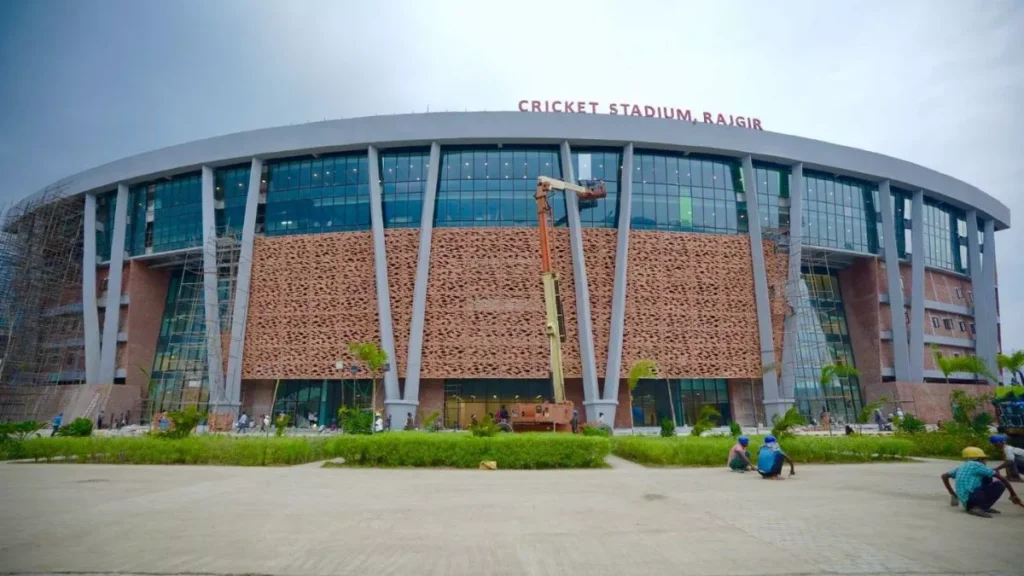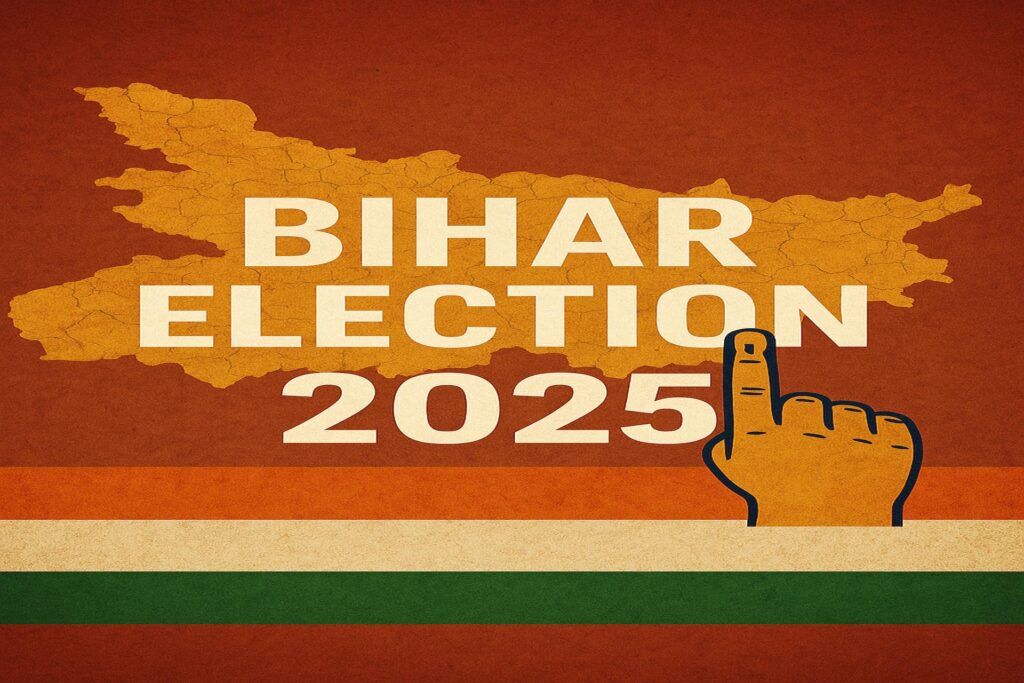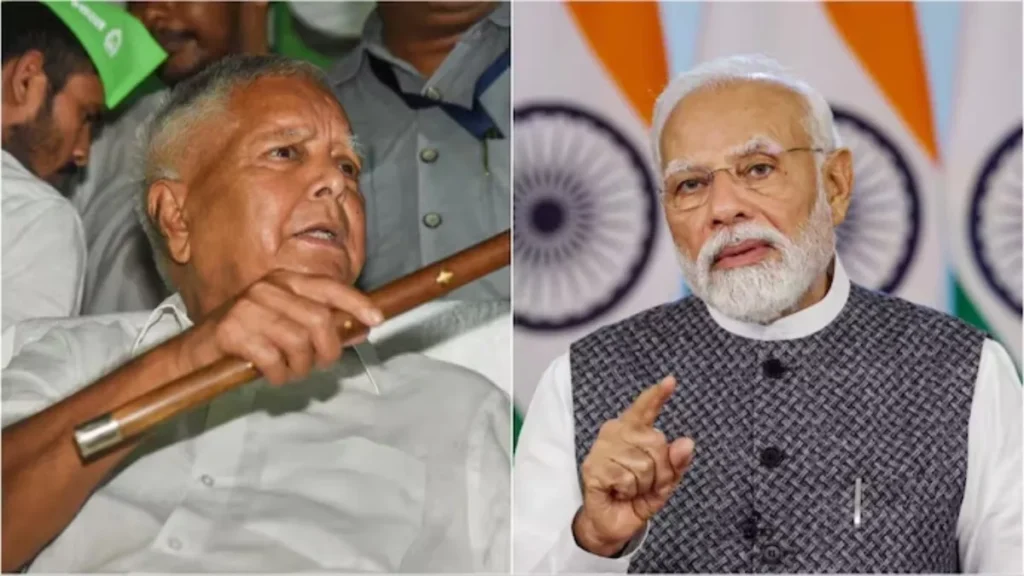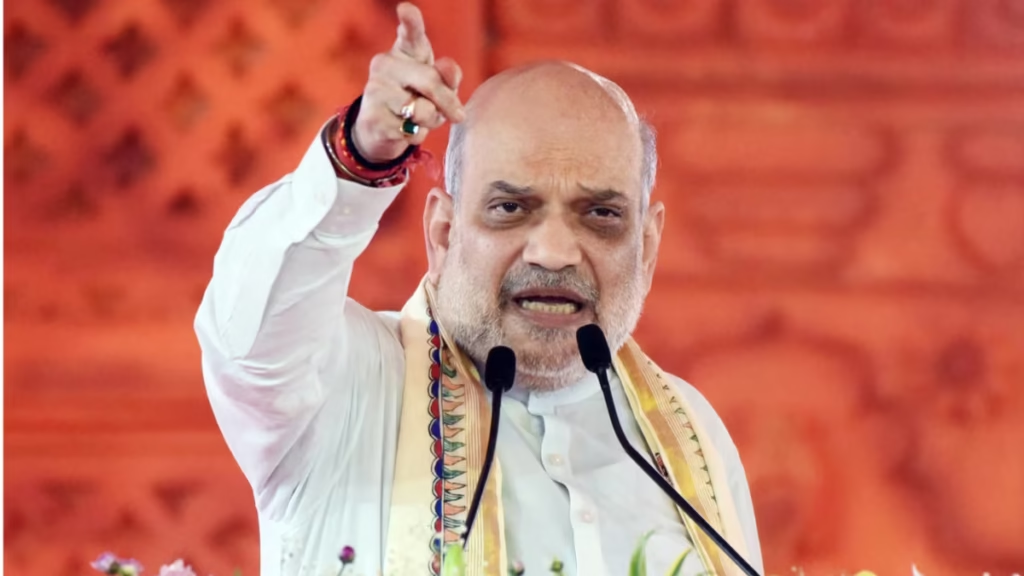Non-Bank Payment Ecosystem: Challenges and Opportunities for Growth in India’s Financial Future

Non-bank payment ecosystem In recent years, India has seen a massive transformation in its payment systems, with non-bank payment ecosystem operators playing a pivotal role in revolutionizing the country’s financial landscape. The Reserve Bank of India (RBI), alongside various associations and Self-Regulatory Organizations (SROs), has focused on strengthening and regulating this growing ecosystem. In this article, we will explore the opportunities and challenges associated with non-bank payment systems in India, and how they are reshaping the way transactions are carried out, as well as their potential to boost financial inclusion.
The Rise of Non-Bank Payment System Operators (PSOs)
Non-bank payment system operators (PSOs) are institutions that facilitate digital payments and transactions but do not operate as traditional banks. These operators range from Payment Gateways, Wallet Providers, and FinTech companies to Peer-to-Peer (P2P) lenders, each playing a crucial role in facilitating secure and seamless payments.
India’s digital payment landscape has witnessed extraordinary growth in the past decade. According to the National Payments Corporation of India (NPCI), the volume of digital transactions in India has Non-bank payment ecosystem skyrocketed, especially in the wake of initiatives like Digital India and the introduction of the Unified Payments Interface (UPI). Non-bank PSOs, such as Paytm, PhonePe, Google Pay, and others, have emerged as key players, providing various digital payment solutions, and enabling customers to access payment services that were once the exclusive domain of banks.
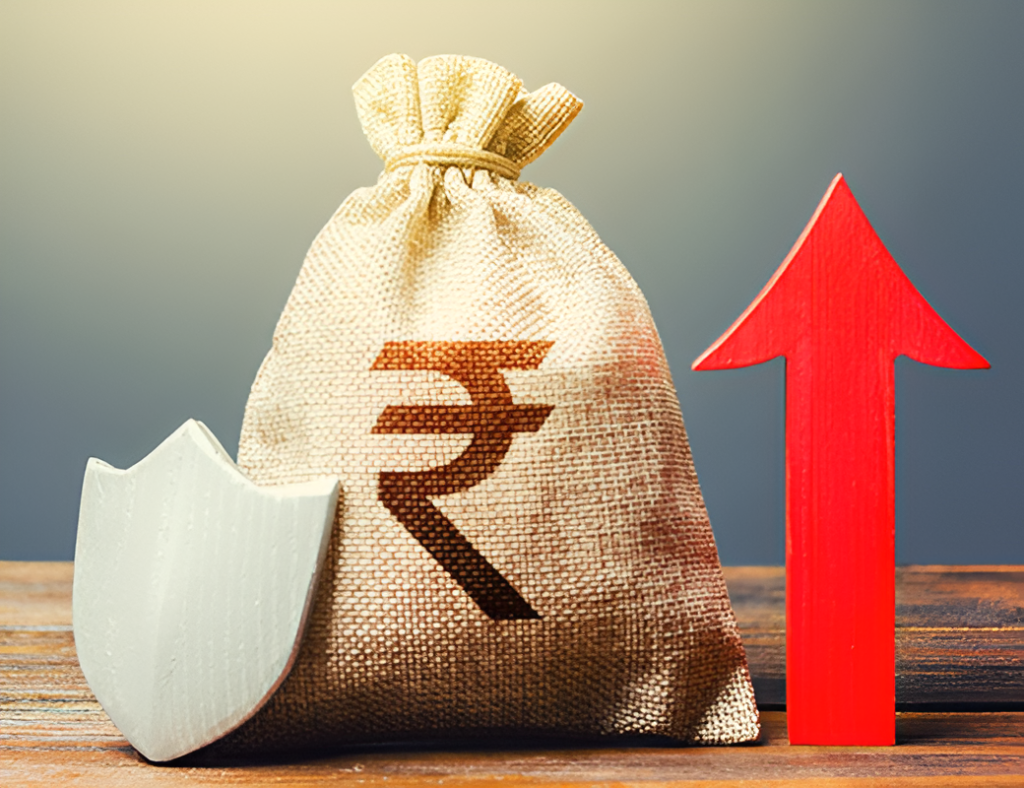
Opportunities in the Non-Bank Payment Ecosystem
- Expanding Financial Inclusion
One of the most significant advantages of non-bank payment systems is their ability to bring millions of unbanked individuals into the financial fold. According to reports, approximately 190 million Indians still do not have access to formal banking. Non-bank PSOs, with their mobile wallets, UPI platforms, and other payment systems, have made it easier for individuals Non-bank payment ecosystem in rural and remote areas to access financial services. For example, mobile payment solutions such as Paytm and PhonePe allow users to perform transactions with just a mobile phone, even without a bank account.
2. Growth of Digital Payments
As more consumers and businesses embrace digital platforms, non-bank payment service providers are positioning themselves as facilitators of the digital economy. Non-bank PSOs are playing an instrumental role in the growth of the digital economy, encouraging small and medium-sized businesses (SMBs) to go cashless. Payment platforms that offer affordable, secure, and user-friendly services contribute significantly to reducing transaction costs and enhancing the efficiency of business operations.
- Innovation and Technological Advancements
Non-bank PSOs are at the forefront of digital payment innovation. They leverage cutting-edge technology such as artificial intelligence (AI), blockchain, machine learning, and biometrics to improve customer experiences, enhance security, and drive operational efficiency. Non-bank payment ecosystem In fact, the increasing use of biometric verification, QR codes, and contactless payments has made transactions faster, more secure, and accessible.
- Government and Regulatory Support
The Indian government has continually supported the growth of digital payments through policies and initiatives like Digital India, which has encouraged citizens to opt for online payments. Furthermore, the Reserve Bank of India (RBI) and other regulatory bodies have helped in building a robust infrastructure to safeguard users’ interests while promoting financial inclusion. They have introduced various frameworks for non-bank PSOs to operate under, ensuring transparency and security in digital transactions.
- Leveraging Fintech to Drive Growth
The rise of fintech has opened a world of possibilities for the non-bank payment ecosystem. Fintechs specialize in delivering tailored financial services like lending, investment, and insurance through technology, thus enhancing the offerings of non-bank PSOs. With growing interest in the fintech Non-bank payment ecosystem space, non-bank operators are more likely to collaborate with fintech firms to offer advanced financial products and services that meet the needs of both businesses and consumers.
Challenges in the Non-Bank Payment Ecosystem
- Regulatory Uncertainty
Despite the fast-paced growth of non-bank PSOs, the lack of clear and consistent regulatory guidelines remains one of the biggest challenges. While RBI has issued guidelines for digital Non-bank payment ecosystem payment operators and fintechs, there remains a need for robust regulations that address the rapidly changing dynamics of digital payments. The absence of clear policies on data protection, Non-bank payment ecosystem consumer protection, and cross-border transactions has left some stakeholders concerned about the security of digital payment platforms.
- Cybersecurity Threats
As digital payments become increasingly popular, the risk of cyber-attacks and data breaches also rises. Fraudulent activities, such as identity theft, phishing, and financial fraud, are among the key concerns for both users and operators of non-bank PSOs. Ensuring the security and privacy of consumers’ personal and financial data is a significant challenge for digital payment operators. Non-bank payment ecosystem Payment gateways and wallet providers must continue to enhance their security protocols to prevent cybercrimes, protect customer data, and build trust in their platforms.
- Technological Disparities
While the digital payment ecosystem is growing at a rapid pace, the technological disparities between urban and rural India remain a barrier. Many remote areas still lack reliable internet connectivity, mobile infrastructure, and awareness of digital payment systems. As a result, non-bank PSOs face difficulties in extending their reach to all parts of the country. To bridge this divide, Non-bank payment ecosystem companies must invest in digital literacy programs and infrastructure development in rural areas to enable greater adoption of digital payment solutions.
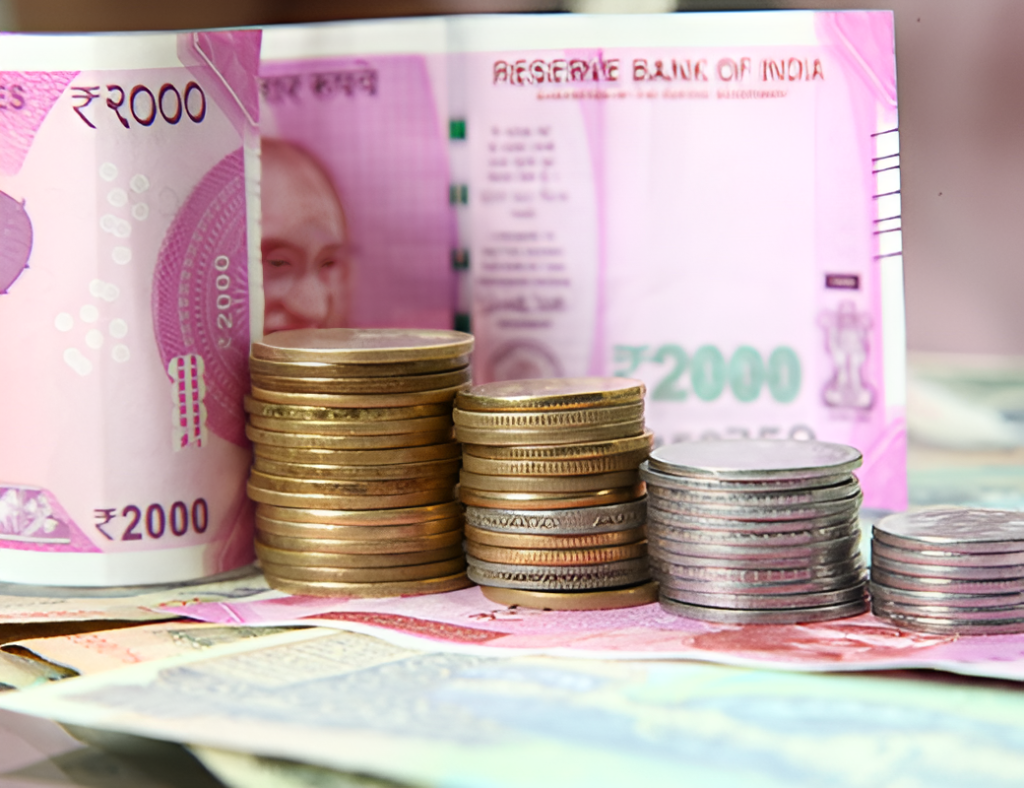
- User Trust and Adoption
Despite the increasing adoption of digital payments, user trust in digital platforms remains a major hurdle. Many individuals, especially in rural areas, remain hesitant to adopt digital payment solutions due to concerns about security, privacy, and technical challenges. Payment service providers need to focus on building user-friendly interfaces, providing adequate customer support, Non-bank payment ecosystem and offering reassurance regarding the security of digital transactions to encourage greater adoption.
- Competition and Market Saturation
As the non-bank payment ecosystem continues to evolve, it is becoming increasingly competitive. The entry of several new players, combined with the dominance of established players such as Google Pay, Paytm, and PhonePe, has led to intense competition. Non-bank PSOs need to focus on innovative offerings, cost-effectiveness, and personalized services Non-bank payment ecosystem to stand out in a crowded marketplace and capture consumer loyalty.
Future Outlook for Non-Bank Payment Systems
The future of non-bank payment systems in India looks incredibly promising, provided that the challenges mentioned above are addressed. The growing demand for contactless payments, mobile wallets, and UPI-based systems indicates that the digital payments ecosystem is expected to continue evolving.
With increasing government support, investment in technological innovations, and rising consumer adoption, non-bank PSOs are set to play a significant role in the future of India’s financial landscape. Additionally, as more people in remote areas gain access to mobile phones and the internet, Non-bank payment ecosystem the inclusion of underserved populations into the formal financial ecosystem will accelerate.
In conclusion, non-bank payment systems hold immense potential for reshaping the future of India’s financial inclusion and digital economy. By tackling regulatory challenges, enhancing security protocols, Non-bank payment ecosystem and expanding their reach to all corners of the nation, non-bank payment service providers can drive significant economic growth and improve financial accessibility for millions of people across India.

